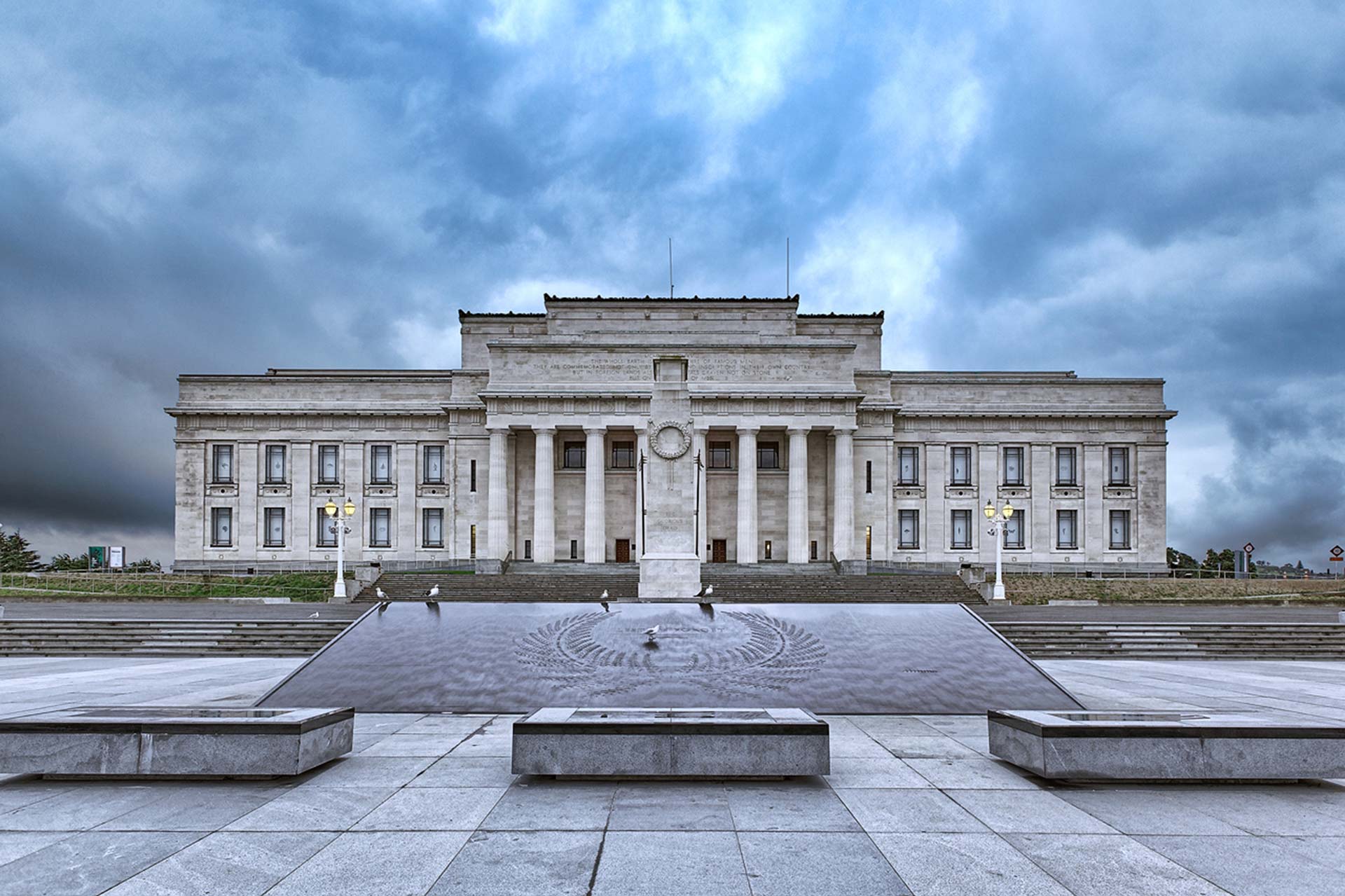In pairs
One of you is an alien who has just had to make an emergency landing on Earth. You know absolutely nothing about the planet.
Questions for Alien to ask
1. When did you start living in cities?
2. When did you start using cars?
3. Have you always used money?
4. Why is English so common?
5. Who were the Romans?
6. What are pyramids?
7. Where did people originate?
8. When did you invent the alphabet?
9. Why did you invent the nuclear bomb?
10. What is "religion", and why is it important?
11. What is "capitalism" and where did it come from?
12. Which culture invented the most stuff?
13. What are humans most worried about these days?
14. Whats the "plague"?
15. How come you have a number "zero"?
16. Why are there big "M"s everywhere?
17. Which is the most important country?
18. Who was/is the smartest person in history?
19. Why haven't you visited our planet?
20. Can I have your email address so we can keep in touch?
The History of the World, I guess
Put the following major events in world history in order
WW2
The Space Age
The Middle Ages in Europe
The Iron Age
The birth of Jesus Christ
The formation of the first stars
A meteor strikes the earth causing the extinction of the dinosaurs
the Bronze Age
The French Revolution
Alexander's conquest of parts of Asia
Viking raids
The Cold War
The Russian Revolution
AI
Watch in sections, guess the
order these will be mentioned before you watch and then check:
1.
Space dust
Nothing
Gas
Rocks and ice
Quarks
Protons and neutrons
Stars
2.
Ocean
DNA
Cambrian explosion
Oxygen
Meteor
Egg
3.
Farming
Fire
Society
Bronze
Mesopotamia
Indo-Europeans
4.
Christianity
Chandragupta
Iron
Alexander
Romans
Spices
Qin dynasty
5.
Vikings
Moors
Silk Road
Camels
Chandra Gupta
Charlemagne
Islam
6.
Columbus
Martin Luther
Holy Roman Empire
Mongols
The Crusades
The Italian Renaissance
7.
Ottoman Empire
Latin American Independence
American Independence
French Revolution
Napoleon
Sugar slavery
8.
Opium Wars
Machines
American Civil War
Scramble for Africa
Russian Revolution
WW1
Fall of the Ottomans
9.
Decolonisation
WW2
Communism in China
Artificial intelligence
Indian Independence
Collapse of the Soviet Union
9/11
Cold War
Kahoot Quiz!
35 questions
Check order:
Nothing
Quarks
Protons and neutrons
Gas
Stars
Space dust
Rocks and ice
Ocean
DNA
Oxygen
Cambrian explosion
Egg
Meteor
Fire
Farming
Mesopotamia
Society
Bronze
Indo-Europeans
Iron
Alexander
Chandragupta
Spices
Qin dynasty
Romans
Christianity
Silk Road
Camels
Chandra Gupta
Islam
Moors
Charlemagne
Vikings
Holy Roman Empire
The Crusades
Mongols
The Italian Renaissance
Columbus
Martin Luther
Ottoman Empire
Sugar slavery
American Independence
French Revolution
Napoleon
Latin American Independence
Machines
Opium Wars
American Civil War
Scramble for Africa
WW1
Russian Revolution
Fall of the Ottomans
WW2
Indian Independence
Communism in China
Cold War
Decolonisation
Collapse of the Soviet Union
9/11
Artificial intelligence
You Tubers react





















